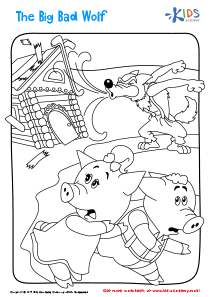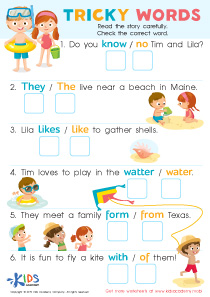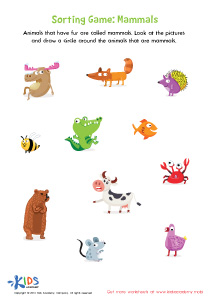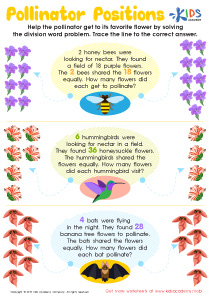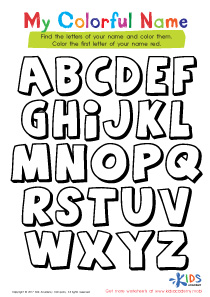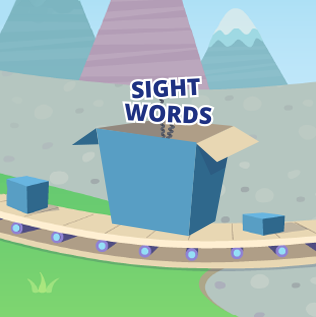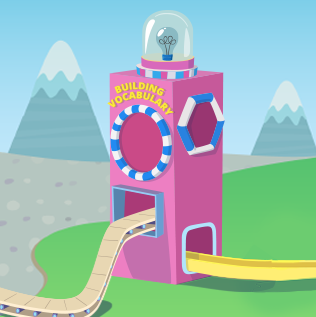English Language Arts Lessons | Common Vocabulary, Grade 3
0 results
Looking for a fun and engaging way to improve your child's language skills? Look no further than our Common Vocabulary Lessons for Grade 3! Our interactive worksheets and educational videos are designed to help your child build their vocabulary and become a more confident communicator. With a focus on age-appropriate content and a range of exciting activities, our lessons are the perfect way to enhance your child's language skills and prepare them for success both in and out of the classroom. And with assessment quizzes to track progress, you can be sure that your child is always on the right track!
Common Vocabulary Lessons for Grade 3 Children: How They're Helpful in Their Studies
Being proficient in vocabulary is essential for children's academic success. Common vocabulary lessons for Grade 3 children are an excellent way to reinforce and enhance students' understanding of the English language. By teaching them the most commonly used words in spoken and written English, it equips them with the tools to communicate their ideas effectively and interpret the information presented to them.
These lessons are interactive in nature, and they include worksheets, videos, and quizzes designed to make the learning process fun. The use of different activities in these lessons helps children to remember new words easily and improves their overall ability to communicate.
One of the critical ways that common vocabulary lessons are helpful to children involves their reading. Reading is a vital skill to master, and these lessons are created to provide students with the proper tools to understand text. They learn to recognize the words and understand their meaning. With a good understanding of vocabulary, they can pursue further reading, like chapter books and story novels.
Besides, these lessons also help children with their writing skills. By having a broad range of vocabulary at their disposal, children can improve their writing and make it more descriptive and engaging. With a good understanding of the language, children can communicate effectively and express themselves well in writing.
Another way that common vocabulary lessons can help children is by improving their comprehension. When they read a passage, comprehension plays a crucial role in whether they'll understand the message or not. With less common words, it’s harder for children to create a mental picture of what they're reading. But with lessons on common vocabulary, they learn words that help them make those mental images that come with comprehension.
Common vocabulary lessons can also help build their communication skills. Children are encouraged to use the words they've learned in everyday conversations, which strengthens their speaking language. As they get better at using these new words, their communication abilities improve, and they become more confident in expressing themselves.
Furthermore, the lessons help children understand the meaning of words used in classroom instructions and directions. When teachers provide instructions for a task, they use specific words or phrases that may be unfamiliar to some students. But with a firm understanding of common vocabulary, the children will understand these instructions appropriately, enabling them to complete tasks accurately and efficiently.
In conclusion, Common Vocabulary Lessons for Grade 3 children offer tremendous benefits not only in academic success, but in everyday life as well.

